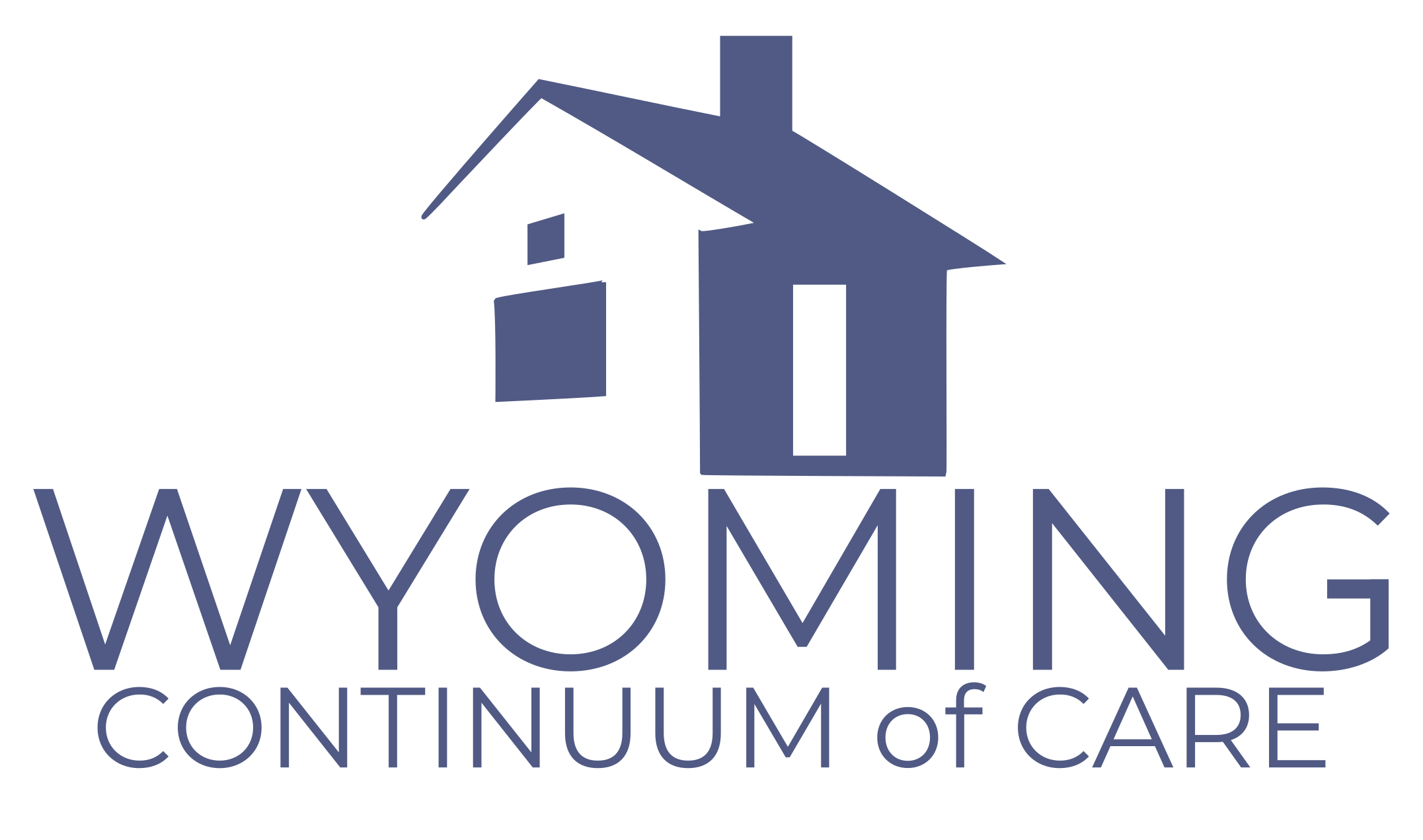Registration Link - Event Bright
WHC Memebrship meeting will be held at the Fort Caspar Museum, 4001 Fort Caspar Rd, Casper, WY
11a – 3p with lunch, snacks and cold drinks provided.
Agenda:
CoC Business:
- Announcement of Board Officers
- CoC Budget/Financials
- Funding Updates: ESG, CSBG, CARES, ERAP
- NOFO
Ethnic and Racial Disparity in Wyoming
If you have not registered for the CoC Membership meeting please do so we have an accurate head count for lunch.
If you have not completed the survey about the CoC please do so. The link is below:
Wyoming Homeless Collaborative Survey

All Rights Reserved.